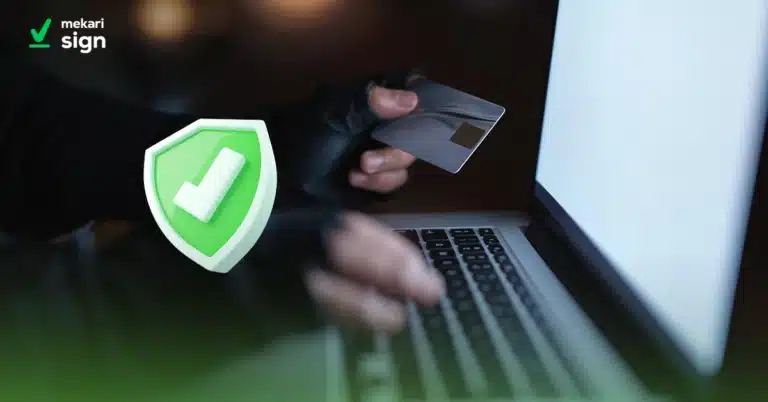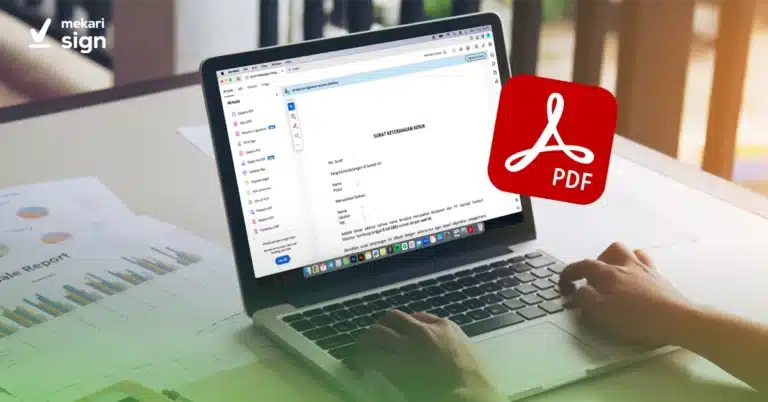
Cryptography secures information in a communication channel, ensuring that only the intended recipients can access the data or messages. One important aspect of cryptography is using digital signature algorithms (DSA).
In this article, we will explore the concept of digital signature algorithms, their significance in cryptography, and how they contribute to data security.
What is Cryptography?
Cryptography is a technique used to protect information by concealing it within a communication channel. It involves various mathematical algorithms that enable encryption, decryption, and using keys.
The primary objective of cryptography is to ensure:
- Confidentiality: Cryptographic techniques ensure that information remains hidden from unauthorized users, preserving its confidentiality.
- Integrity: Cryptography verifies data integrity by detecting unauthorized alterations or tampering during transmission.
- Authentication: Cryptographic methods provide mechanisms to authenticate the identities of the communicating parties, ensuring that the message comes from a trusted source.
- Non-repudiation: Cryptography offers non-repudiation, preventing the sender from denying their involvement in the communication or the content of the message.
Brief History of Cryptography
Cryptography has a rich history dating back to Ancient Greece, where methods like the scytale were used to create hidden messages. Examples include ancient methods like the Caesar cipher used by Julius Caesar and the famous Enigma machine used during World War II.
Over time, cryptography evolved and became widely employed in military and intelligence operations. With the advent of computers, cryptography expanded into various sectors, including public and digital security.
Types of Cryptography
Cryptography can be classified into several types based on the techniques and algorithms used:
1. Symmetric Key Cryptography
In this type, a single key is used for encryption and decryption, requiring the key to be securely shared between communicating parties.
2. Asymmetric Key Cryptography
Public-key cryptography employs a pair of keys: a public key for encryption and a private key for decryption. Each user has a unique key pair.
3. Hash Functions
These algorithms generate fixed-length hash values or digests for input data, commonly used for data integrity verification and password storage.
What is Digital Signature Algorithm (DSA)?
The Digital Signature Algorithm (DSA) is a widely used digital signature scheme in modern cryptography. It was introduced by the National Institute of Standards and Technology (NIST) in 1994 and is defined in the Federal Information Processing Standards (FIPS) publication FIPS 186.
The DSA algorithm is based on the mathematical concept of modular exponentiation and relies on the computational difficulty of the discrete logarithm problem in finite fields. It is designed to provide a secure, efficient method for creating and verifying digital signatures.
Also Read: What is Digital Signature and Understanding Certificate Authority
How Does DSA Work?
The DSA algorithm involves the use of a public-private key pair. The key generation process generates a private key known only to the signer and a corresponding public key that can be freely distributed. The digital signature process involves the following steps:
1. Hashing
The message to be signed is first hashed using a cryptographic hash function, such as SHA-256, to produce a fixed-length hash value.
2. Signature Generation
The private key holder uses their private key to compute a signature value based on the hash of the message. This process involves modular exponentiation and other mathematical operations.
3. Signature Verification
The message’s recipient can verify the signature’s authenticity using the signer’s public key. They hash the received message and compare the computed hash value with the decrypted signature value.
If the computed hash value matches the decrypted signature value, the signature is considered valid, ensuring the integrity and authenticity of the message.
The Advantages of Using DSA in Cryptography
The DSA algorithm plays a crucial role in ensuring the security and integrity of digital communications. It offers the following benefits:
- Data Integrity: DSA verifies that the received data has not been tampered with during transmission.
- Authentication: The digital signature generated by DSA confirms the sender’s identity, ensuring that the message originates from the claimed source.
- Non-Repudiation: DSA prevents the signer from denying their involvement in signing the message, as the recipient can independently verify the signature.
- Efficiency: DSA offers efficient computational operations, making it suitable for resource-constrained environments.
Cons of Using a Digital Signature Algorithm
While the Digital Signature Algorithm (DSA) has numerous benefits, it also has some limitations and considerations to keep in mind:
- Key Distribution: Securing public keys in a DSA system can be challenging, requiring establishing trusted channels.
- Key Size: The size of DSA keys should be chosen carefully to ensure sufficient security. Smaller key sizes may be vulnerable to attacks.
- Patent Restrictions: The DSA algorithm was patented until 2019, which restricted its usage in some contexts.
Example of a Digital Signature Algorithm
A practical example of the DSA algorithm is its usage in the Digital Signature Standard (DSS). The DSS is a U.S. government standard for digital signatures, employing the DSA algorithm for secure digital signature generation and verification.
How to Validate Digital Signatures in Indonesia?
In Indonesia, the validation of digital signatures follows the legal framework established by Law No. 11 of 2008 on Electronic Information and Transactions (UU ITE). The law recognizes the legal validity of electronic signature, including digital signature, and outlines the process for validating them. Here are the general steps to validate a digital signature in Indonesia:
To validate a digital signature in Indonesia, the following steps are typically followed:
1. Verify the Digital Certificate
- Check if the digital certificate used for the signature is issued by a Registered Certification Authority (PJS) recognized by the Ministry of Communication and Informatics (Kominfo) of Indonesia.
- Ensure that the certificate is still valid and has not been revoked by the PJS.
2. Use Validation Software
- Utilize software that supports digital signature verification, such as Adobe Acrobat, to verify the digital signature on the document.
- Ensure that the software supports the accepted verification standards in Indonesia, such as PAdES (PDF Advanced Electronic Signatures) or XAdES (XML Advanced Electronic Signatures).
3. Verify the Digital Signature
- Validate the authenticity of the digital signature by following the instructions provided by the software being used.
- Check the information associated with the digital signature, such as the certificate owner’s name, the date and time of the signature, and the verification method used.
- Ensure that the digital signature matches the document being signed.
It is important to refer to the guidelines and procedures provided by relevant authorities, such as the Ministry of Communication and Informatics (Kominfo) of Indonesia, for the latest information and requirements for digital signature verification in Indonesia.
Conclusion
In conclusion, the Digital Signature Algorithm (DSA) is a crucial cryptography component, ensuring secure and reliable digital communications.
As technology advances and the need for secure communication grows, the importance of digital signature algorithms like DSA will continue to thrive.
To leverage the power of digital signatures and enhance your organization’s security, consider utilizing Mekari Sign. Mekari Sign offers a robust digital signature solution that aligns with industry standards and regulations.
With Mekari Sign, you can streamline your digital signature processes, validate signatures, and easily maintain your documents’ integrity.
Discover Mekari Sign’s capabilities today and confidently safeguard your valuable digital assets.
References:
- National Institute of Standards and Technology (NIST): “Digital Signature Standard (DSS)” – https://csrc.nist.gov/publications/detail/fips/186/4/final
- Federal Information Processing Standards (FIPS) Publication 186-4: “Digital Signature Standard (DSS)” – https://nvlpubs.nist.gov/nistpubs/FIPS/NIST.FIPS.186-4.pdf
- Law No. 11 of 2008 on Electronic Information and Transactions (UU ITE) – http://peraturan.go.id/common/dokumen/ln/2008/uu11-2008bt.pdf
- Ministry of Communication and Informatics (Kominfo) of Indonesia – https://kominfo.go.id/








